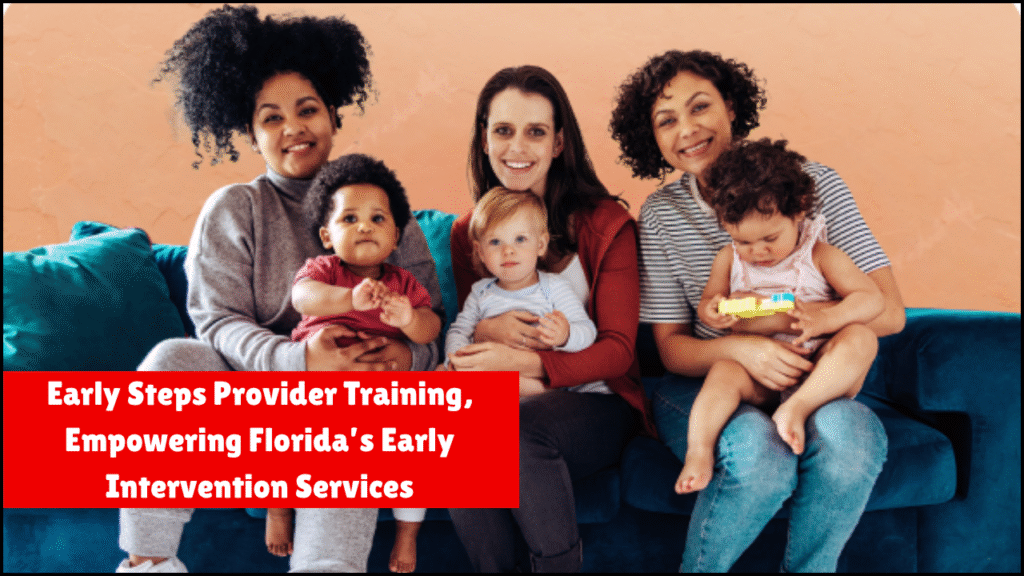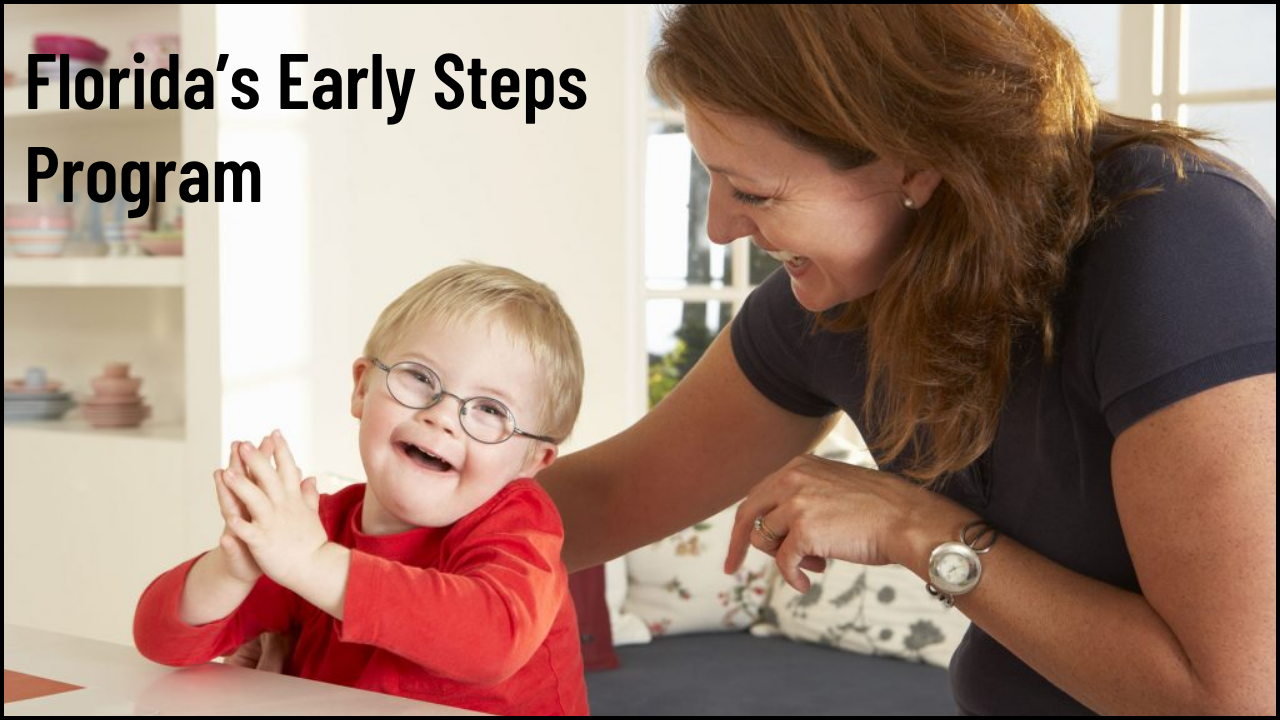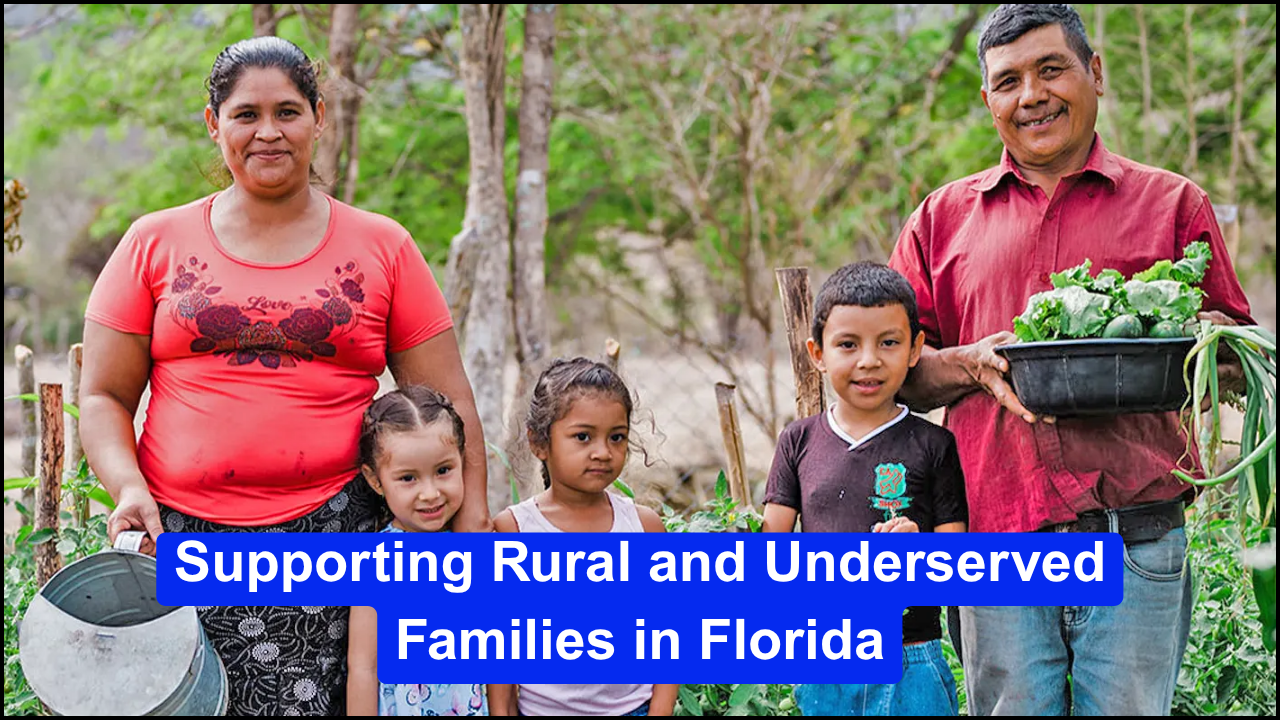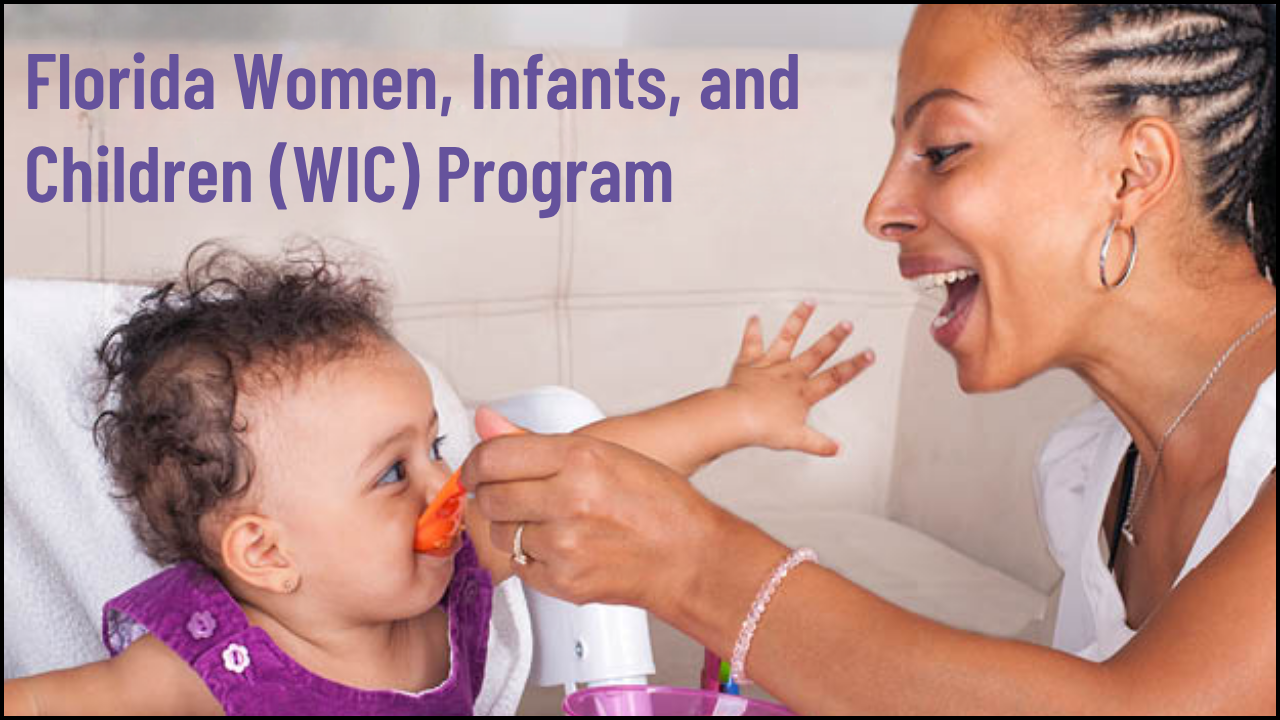
Early intervention ensures infants and toddlers with developmental delays receive timely support, which significantly influences their long-term outcomes. Florida’s Early Steps system is designed to equip providers with comprehensive training and resources to enhance the quality and effectiveness of their services. A strong emphasis is placed on continual professional development to meet the evolving needs of families and children. This article provides a structured overview of the Early Steps training programs, guidance modules, and significant events aimed at strengthening the service delivery system.
Table of Contents
Key Features of Early Steps Provider Training
- Focus on Infants and Toddlers: Emphasis on children from birth to age three with developmental delays or established conditions.
- Continuous Professional Development: Ongoing in-service training ensures providers remain informed and prepared.
- Statewide Support Network: Resources and training are accessible through the Local Early Steps (LES) offices and online platforms.
- Multidisciplinary Engagement: Providers from various backgrounds, including health, therapy, and education, participate in unified training.
Training Platforms and Modules
TRAIN.org Platform
- Centralized Access: All Early Steps training modules are hosted on TRAIN.org, a dedicated learning management system for healthcare and public health professionals.
- First-Time Users: New users must connect with their Local Early Steps TRAIN administrator for account setup and module enrollment.
- Certification and Records: All completed trainings are recorded and accessible through individual user accounts for verification and recordkeeping.
Early Steps Core Training Modules
| Training Module | Description |
|---|---|
| FDOH CMS Orientation | Introductory module explaining Early Steps system structure and expectations. |
| Functional Outcomes | Guides providers in developing child and family-centered outcome statements. |
| Service Coordinator Apprenticeship | Offers hands-on skills for navigating service coordination responsibilities. |
| Infant Toddler Developmental Specialist (ITDS) Training | Specialized training for direct providers on developmental support strategies. |
| Child Outcomes Summary Process | Training for accurate evaluation and documentation of child developmental progress. |
Supplemental Training Resources
Providers benefit from additional reference materials that support implementation and consistency across services.
Supportive Tools and Guides
| Resource | Purpose |
|---|---|
| Child Outcomes Summary Implementation Guidance | Offers strategies for completing the outcomes summary process effectively. |
| Age Anchoring Guidance | Helps in comparing developmental skills to typical age expectations. |
| COS Ratings Definitions | Clarifies rating scales to ensure uniform scoring. |
| Including Families in Rating Discussions | Encourages meaningful family engagement in evaluation processes. |
| Step-by-Step ECTA Video | Visual walkthrough of the Child Outcomes Summary process for easier comprehension. |
Notable Conferences and Events
Annual and statewide conferences provide networking opportunities, fresh perspectives, and collaborative problem-solving platforms for Early Steps providers.
Major Training and Advocacy Events (2025)
| Event Name | Date & Location | Focus |
|---|---|---|
| Early Hearing Detection and Intervention (EHDI) | March 9–11, 2025 – Pittsburgh, PA | Strategies to support children with hearing loss and promote early detection and family support. |
| Children’s Week Florida | April 13–18, 2025 – Florida Capitol | Advocacy event emphasizing the state’s dedication to children’s welfare. |
| Family CAFÉ Annual Conference | June 13–15, 2025 – Orlando, FL | Resource sharing and advocacy for families of individuals with disabilities. |
| OneGoal Summer Conference | July 16–18, 2025 – Florida (TBA) | Professional learning for early education providers focused on collaborative service models. |
| FLAEYC Conference | October 15–19, 2025 – Florida (TBA) | Focus on early childhood education best practices and quality learning environments. |
Objectives and Impact of Training Programs
- Improved Service Quality: Training ensures that providers deliver services aligned with best practices and family-centered approaches.
- Enhanced Communication: Standardized training supports better coordination between families, service coordinators, and direct providers.
- Stronger Family Engagement: Families are empowered to actively participate in decision-making due to informed guidance from trained providers.
- Evidence-Based Interventions: Providers are equipped with tools and knowledge grounded in current developmental research and state guidelines.
Expected Outcomes of Trained Providers
| Outcome Area | Impact |
|---|---|
| Child Development Monitoring | Accurate tracking and early identification of developmental issues. |
| Family-Centered Planning | Individualized family plans (IFSP) that reflect real family priorities. |
| Interagency Collaboration | Smooth referrals and shared service delivery across agencies and regions. |
| Documentation and Evaluation | Consistent recording of service progress using COS and other tools. |
Importance of Functional Outcomes Training
- Personalized Goal Setting: Training helps providers set measurable, functional goals tailored to each child and family.
- Alignment with IFSP: All outcomes are integrated into the Individualized Family Service Plan (IFSP), ensuring consistent intervention.
- Family Language Emphasis: Outcomes are written using family-friendly language, encouraging transparency and participation.
Role of Local Early Steps (LES) Offices
- Technical Support: Assistance with TRAIN platform setup and training plan enrollment.
- Monitoring Compliance: LES offices ensure all active providers maintain required certifications and modules.
- Training Coordination: Localized in-person or virtual sessions for contextual understanding and team-based learning.
Final Analysis
Provider training through Florida’s Early Steps program plays a critical role in delivering effective early intervention services to children and families. With structured modules, statewide support, and rich learning resources, the system ensures that professionals remain equipped to serve children with developmental delays. These efforts not only build capacity within the provider network but also create stronger, more resilient family support systems.





